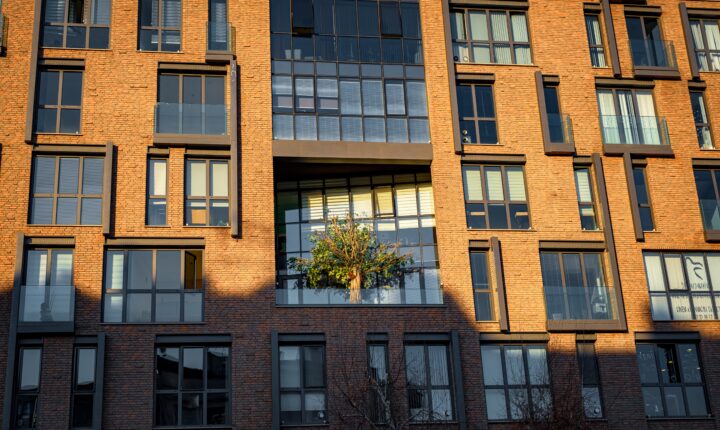Just the PeaksThis newsletter at a glance
|
With recession rumblings, should multifamily owners stress over profits?
Everest breaks down why a bad economy doesn’t equal lower rents.

The U.S. rental market experienced a major shakeup during the pandemic.
Between people losing their jobs, families fleeing cities, and government-imposed eviction moratoriums, owners had a lot to contend with. And while things have since settled down, today’s shaky economy has investors wondering and worrying…
Will recession affect my rental income?

Economists have yet to declare an official recession. But in times of financial strife, landlords may be concerned about renters’ ability to pay. As the cost of groceries, gas, and other essentials rise, you’d expect to see the rental market respond accordingly.
In actuality, that’s not the case.
According to Forbes, “There are indications that we’re seeing a decreased rate of price hikes for renters in recent months, but that doesn’t necessarily translate to rent decreases.”
Considering the unprecedented 23.5% rental cost jump between October 2019 and October 2022, experienced real estate investors knew this was coming. Furthermore, experts say the slowdown we are currently seeing will not be dramatic enough to be felt by renters or landlords.
That’s positive news!
Still, multifamily owners who are struggling to find and keep tenants want to know their investments are safe. Every location is different, but Everest has a few key points for consideration.
Read on to boost your market confidence.

Recession Rental Trends
Our top takeaways

Point #1: Once rental rates go up, it takes longer for them to decrease.
Trends suggest that prices are more likely to stabilize than to drop dramatically—even in places that saw huge jumps in the last couple of years. Forbes adds, “The odds that rent will come down enough to compensate for this historic increase are low.”

Point #2: Past recessions saw rent prices go down (but also up!).
Looking at recessions over the last century, there is no clear correlation with rent decreases. In fact, throughout the Great Recession of 2008, rent pricing actually increased. And while America has seen decreases during other recessions, most of them were slight.

Point #3: When it comes to housing market trends, every city is different.
Compared to the national economy, regional factors are much more relevant in determining what will happen to rents. Forbes notes, “While some areas may see real-dollar decreases in rent prices, the overall picture leans towards a state of stabilization where rents stop increasing at alarming rates but don’t necessarily come down.”

Point #4: Rent stabilization is partially due to a surge in multifamily construction.
Although single-family rentals have been harder to come by, people are still looking for apartments. Investors have responded by increasing supply, thus causing rental hikes to stall.
Forbes notes that “builders have been focusing on multi-family properties.”

Point #5: Not as many people are moving, so demand is still strong.
With recent interest rate hikes, fewer families are migrating from the rental market. Also, those who locked in great prices during the pandemic are not as quick to move, which helps drive rent prices up (not down!). Forbes states, “The rate they’re paying now is likely far less than anything they could find now.”

In closing…
It’s important to consider your particular market, how it performed during the pandemic, and the direction things are moving. If you’re hoping to take on a new investment in 2023, move forward confidently knowing a decrease in rental rates (or even a full-blown recession) will not necessarily affect its profit potential.
Everest says: money is made in every rental market
Mortgaging strong since 2004
Through the 2008 market crash and 2020 Coronavirus,
Everest Equity emerged more formidable than ever.
Reach out to our recession-proof team today!




